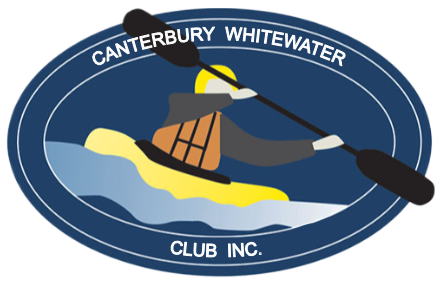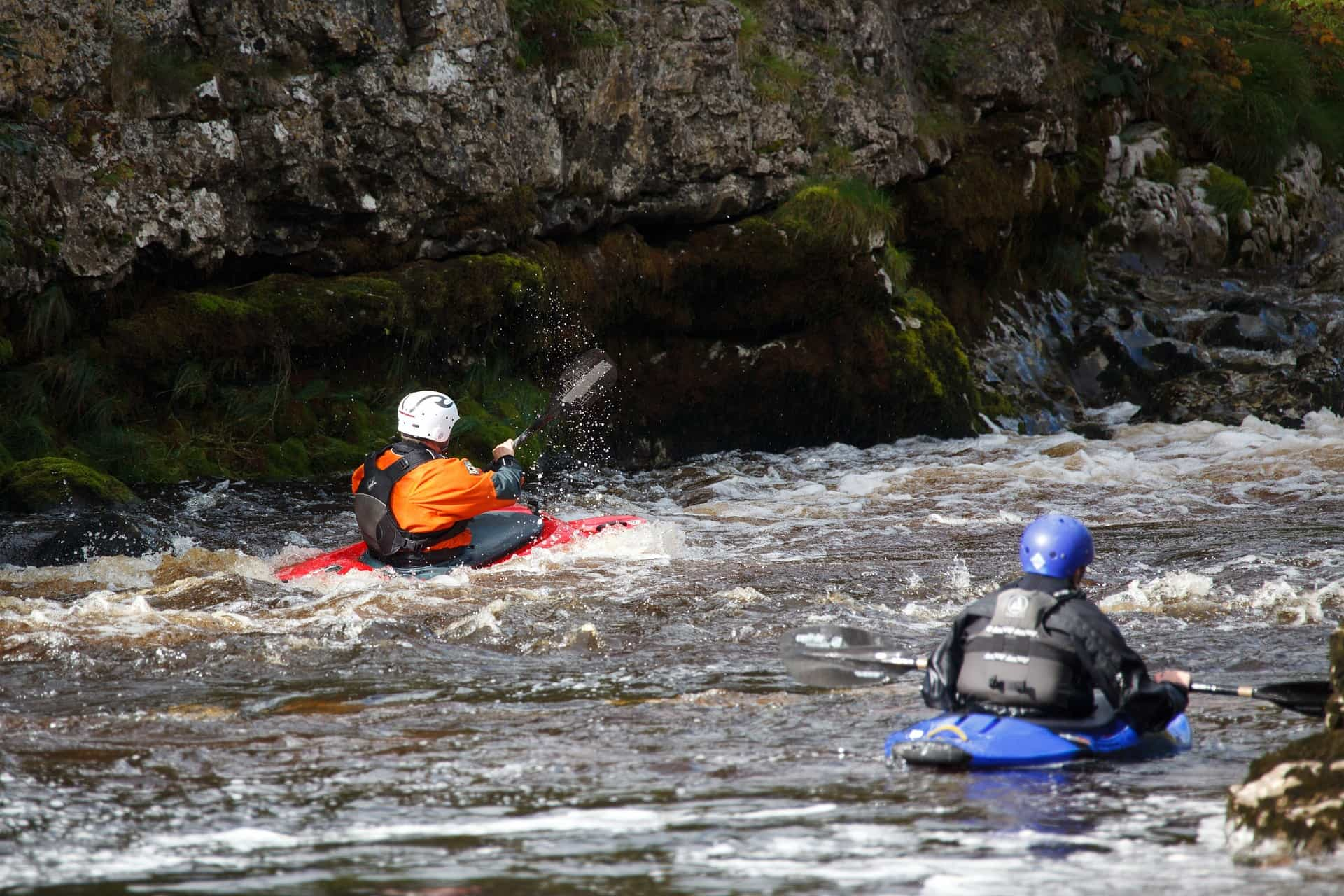
Canterbury Whitewater Club
The ultimate way to experience the outdoors
The ultimate outdoor experience
Trips and activities
Whitewater trips on South Island rivers
The club runs trips most weekends of the year from September to June (not through winter), catering for paddlers from beginner to advanced.
Kayaks, rafts, pack rafts and other paddle craft are welcome on trips, depending on location and suitability.
The club also runs courses for beginners each year in the spring.
Become a member to join in on the fun, or if you wish to find out more contact the club.
View or download the 2024-2025 trip list in PDF format

Guide to organising club trips
Club trips are at the heart of what we do, and going on trips with other members is what makes funs, memorable and safe experieinces. For this to happen, we rely on members to take their turn by stepping up and organising trips. It's easy to do!
Choose a trip to organise that you want to go on, and make it happen!
Once you’ve selected a trip from the trip list that doesn’t have a current organiser, email the secretary so the trip list can be updated.
Here’s a list of ideas and suggestions to help. Treat these as a guide and a starting point
Be ready to send information to the club ahead of the trip. Remember that members also need to manage their schedules.
- Local trip—ideally at least 1 week in advance
- Overnight campground based (Murch, Moana, Hokitika etc) around 2 weeks in advance
- Multi-night camping or requiring transport logistics, around 4 – 8 weeks in advance.
Check out the Club’s growing list of river trip info sheets (“cheat sheets”), which provide a good run down of where to go and what to do. If there’s one that covers the trip you’re organising, then that’s a great start. There is also good information available for many rivers around the motu on the River Guide website maintained by Whitewater NZ. If you’re still looking for more information then reach out to experienced people in the Club.
Familiarise yourself with the Club’s Code of Practice. It highlights key safety and management practices in order to promote responsible paddling, and applies to everyone on Club trips. It sets expectations of club members on trips to help you organise a good trip.
As trip organiser, you can set a development focus for the day, or you can ask trip participants what they want to get out of the paddling experience. Some popular development themes are river safety skills and supporting others on the river, as well as technical skills like rolling or navigating a rapid. Of course, the overarching goal is to have fun!
Think about whether you want to meet up locally or near your destination. For local trips, meeting up locally allows people to organise themselves into car pools. For weekend or multi-day trips, meeting near or at the put-in may work better, but also means that participants will need to sort car pooling ahead of time.
This doesn’t have to be yourself, though it can be if you want the role. Ask someone who you feel will be a good group leader on a river. A river leader will be a competent paddler for the river grade, be able to lead river rescues, be safety conscious, and bring a positive vibe to the group dynamic. If you can’t think of who to ask, seek volunteers when you promote your trip.
(See the section at the bottom of the page for more information on the ‘River Leader role”).
Draft up an email with information about the trip. Include in your email:
- Paddling grade, ability expectations
- Any expected costs for commercial shuttles etc (heli, jet boats and the like).
- If pre-commitment is needed and by what date
- If there’s a set number of participants required to make the trip viable, or a maximum number for the trip.
- Meeting location.
- Expectations for car pooling (organised at the local meet-up, self organised, etc)
- Request for volunteers for a River Leader if needed
For weekend or multi-day trips it’s a good idea to get a handle ahead of time on who’s coming, their paddling skill level, and their contact details.
A Google Form is a good way to get people to sign-up and provide this information. You can create a form along the lines of this example form or you can copy this template form to start with (remember to make a copy, don’t edit the original).
Alternately for local trips where you are rallying at a local meet up point, you could print out a form and have people sign up before everyone heads to the river. Here’s an example of a parking-lot sign up form.
Once you’ve prepared your email, send it to all club members. Contact the secretary if you need the email address of the club member list.
If your trip is suitable for beginners, make sure you have adequate support along for them. This may involve reaching out to other club members to come along and help support beginners – assess ratios by checking your sign-up list. Don’t be afraid to say no to people or choose to switch to an easier river if you cannot get enough support.
Closer to your trip date, assess river flows and weather to make sure the trip is still within the paddling grade ability of participants on the trip.
Make alternate plans if Plan A becomes untenable. Think about an alternate river with more suitable conditions, or if prudent postpone or cancel the trip.
It’s always good to reach out to experienced people and get advice on river flows and conditions. If you want contact details for experienced club members, email the Secretary well ahead of the trip date for these.
Remember to enjoy the day – you’ve earnt it. Just keep cool, and if that’s too hard then just look cool…
Also, the joy of whitewater adventure is that every trip will be different, and every trip will have it’s own unexpected challenges (small and sometimes large). When they do happen, remember that everyone on the trip is there to help you.
River Leader role:
- Conduct the riverside safety discussion outlining the day ahead.
- Identify any known hazards on the section of river being paddled, current river flow conditions, weather etc.
- Find out from members who is carrying what safety gear and ensure it is correctly spread throughout the group. On multiday trips ideally this would be organised ahead of time.
- For larger groups, facilitate splitting into sub-groups, and delegate capable leaders of those groups. Group leaders should find out who needs support, and organise who is supporting whom, when required. Make sure to choose a “tail end Charlie.”
- Re-assess river conditions at the put-in and throughout the trip as needed
© 2024 Canterbury Whitewater Club Inc. All rights reserved.
 Admin Login
Admin Login